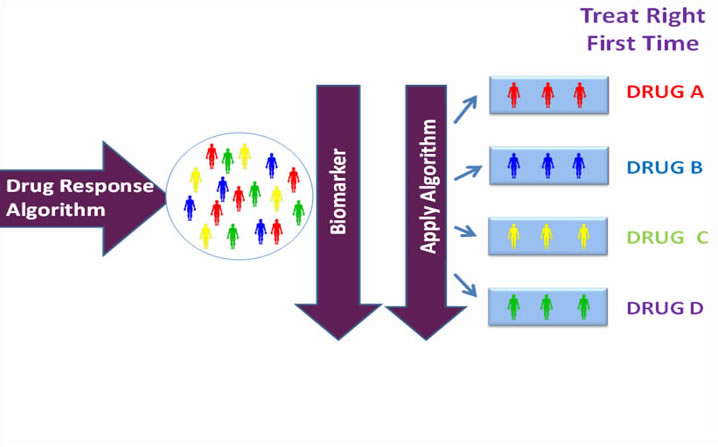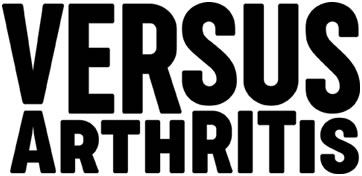MAximising Therapeutic Utility in Rheumatoid Arthritis
Patient/Public Involvment
MATURA is a nationwide group of academics, clinical consultants and industry groups who are jointly working towards developing tests and techniques so that Rheumatology consultants can better predict which rheumatoid arthritis (RA) patients might respond better to which current treatments.
There have been dramatic advances in treatment of RA in recent years with the introduction of new drugs and prompt treatment. However, at the moment, we have no means of predicting which patients will respond best to which drug and thus the drugs are prescribed on a 'trial and error' basis. We know that the longer it takes to find an effective therapy, the more joint damage accumulates and the worse the long-term outcome is for patients. Therefore, by identifying predictors of response to drugs, patients with RA can be given the drug that they are most likely to respond to, earlier after diagnosis. This will mean not only benefits to patients but potential cost benefits to the NHS and service providers.
MATURA has two parallel work streams that work alongside and inform one another in order to solve these problems. Work stream 1 is based at Queen Mary University of London and is running a clinical trial called STRAP, (Stratification of Biologic Therapies for Rheumatoid Arthritis by Pathobiology) where biopsies of disease tissue will be taken; this is small fragments of the inflamed joint lining that is extracted from the joint via a small needle and analysed in the lab. The biopsy will be used to investigate response and non-response of patients to three biologic drugs and find predictors of this in the disease tissue.
Work stream 2 is based at The University of Manchester and investigates predictor markers of response or non-response to a drug in the blood. Work stream 2 will also look at genes and their activity; this will help us to develop a test that will allow us to decide early on which drug to use for each patient and will look at predicting response to methotrexate as well as biologic drugs.
Looking at the blood gives a straightforward genetic overview, but to get the complete picture you need information from the disease tissue. By combining this information from the two work streams we hope to have a comprehensive understanding of Rheumatoid Arthritis and be able to give the right treatment to the right patient the first time round.
predictive of response to biological therapy in patients with rheumatoid arthritis




